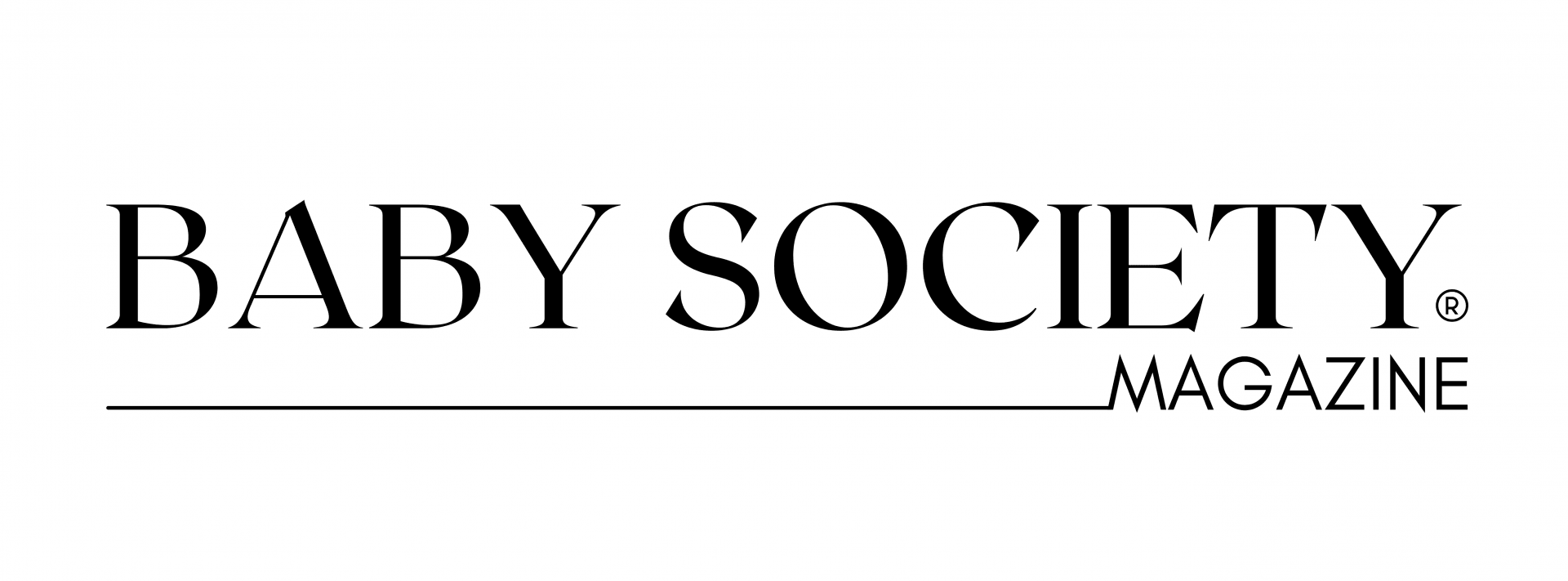Tips for planning nursing success during pregnancy
Many expecting women today are starting out with intentions to breastfeed or even before the baby is conceived. The perceptions of breastfeeding have fluctuated in more recent years, depending on cultural trends. However, the facts about breastfeeding have never changed.
For example, we know breast milk contains antibodies that can protect babies from all sorts of diseases and infections, including the novel coronavirus. Unfortunately, some new mothers do not have the breastfeeding experience they expected. Although there’s never a guarantee of success, it’s important to know that the way to get a good start is to prepare during pregnancy! It starts with taking care of your body, being properly educated and finding the right support for after the baby arrives. These tips will help you get started on the right foot.
You just found out you’re pregnant. The first prep work comes (when your nausea subsides) by starting your journey with healthy foods and staying active. Pregnancy is one of the most important times that you should be focusing on your body … it’s about to go through a marathon called labor. Not only that, it’s nourishing your most precious creation!
Movement is important not only for your body, but baby’s as well. If we stay sedentary during pregnancy, it doesn’t allow the baby to get movement and he or she gets stuck in a certain position which can restrict how their feeding muscles work. A few great ways to prepare your body and baby with movement is through a technique called Spinning Babies, walking and doing yoga. Breastfeeding is natural and intuitive for babies, but that doesn’t mean it’s easy. In order to effectively remove the milk from your body they use approximately 50 muscles. That doesn’t include all the cranial nerves, joints and ligaments that need to be moving. If one of those muscles isn’t working correctly because it didn’t get proper movement in the womb, it can cause other muscles to compensate and work harder.

As your pregnancy continues, it’s important to be educated.
Did you know that interventions during labor can lead to challenges after birth? Heavily intervened births have shown to be related to poor breastfeeding outcomes. Women have been birthing babies since the beginning of time … and although modern medicine has its time and place, it can be overused and at times can have unwanted results for mom and baby. Every intervention causes a reaction in our bodies. For instance, Pitocin can cause hyperstimulation to your uterus … thus to your baby. The most common side effect is fetal distress and it can weaken some of those important breastfeeding reflexes and innate behaviors. It can also affect how our bodies respond to our natural hormone, oxytocin. Oxytocin is very important in milk production. Pitocin can also cause our body to hold to excess fluid. This can negatively impact milk production and supply increasing in volume (milk coming in).
It’s also important to be educated on normal infant behaviors after your baby is born. When babies are healthy, full term infants, they aren’t born hungry. They are born wanting to suckle and that’s how they trigger maternal milk production. You will learn in any breastfeeding class to not put anything in your baby’s mouth besides your breasts those first few days unless medically necessary.
Finding the right team to support you is key.
Although there are some great nurses and lactation support in the hospital, there may be some that will unintentionally “boobie trap” your breastfeeding journey from the start. Unfortunately nurses and doctors learn very little about breastfeeding during their medical training.
Researching and finding the most highly trained professional while you are pregnant (IBCLCs are the gold standard), will give you the confidence and education you need to reach your goals and an established relationship with a trusted clinician to reach out to once the baby is here. Even if everything goes well, you can always learn something from a skilled IBCLC. We work with many families to address their specific concerns. We look into past feeding experiences and maternal/family health issues to develop a plan and understanding of how to optimize breastfeeding for subsequent journeys. You can expect to learn what to do if things get in the way of your breastfeeding plan. As soon as the family is ready, we see them shortly after they’ve gone home. Working through problems earlier can greatly help long term breastfeeding outcomes.
Breastfeeding involves lots of innate behaviors both maternal and infant, but it takes lots of practice and support. It’s why we do what we do — so you can enjoy your journey as a new family.
Written by:
*This article is not a paid or sponsored contribution.

